
Good and Mad
The Revolutionary Power of Women’s Anger
ISBN: 9781501181795
Pages: 320
Read offline
Recommendation
The anger of women has fueled the most radical social changes in American history – abolition, suffrage and the civil rights movement. Feminist author and journalist Rebecca Traister draws on that history as she depicts the coalescing anger of women in reaction to the election of Donald Trump and the ever-widening #MeToo campaign against sexual assault and harassment. Women are angry that they still must fight for social and economic parity. Far from fleeting, this anger has already fueled unprecedented political action by women determined to put their issues at the top of the agenda. Traister explains why anger is both a difficult and a powerful emotion for women, and how it fuels revolutionary change. She provides a fast history lesson, a political primer and a manifesto. The result is a quick, engaging manual for feminists and politics fans. But beware – Traister will leave you “good and mad.”
Summary
About the Author
Rebecca Traister, who wrote the bestsellers Big Girls Don’t Cry and All the Single Ladies, is a writer at large for New York Magazine and a National Magazine Award finalist. She’s also written for Elle, The New Republic and Salon.








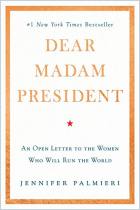

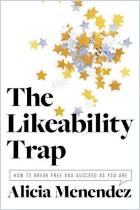
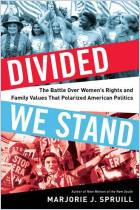
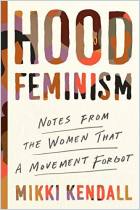
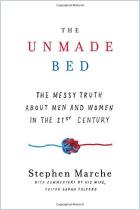




Comment on this summary or Start Discussion